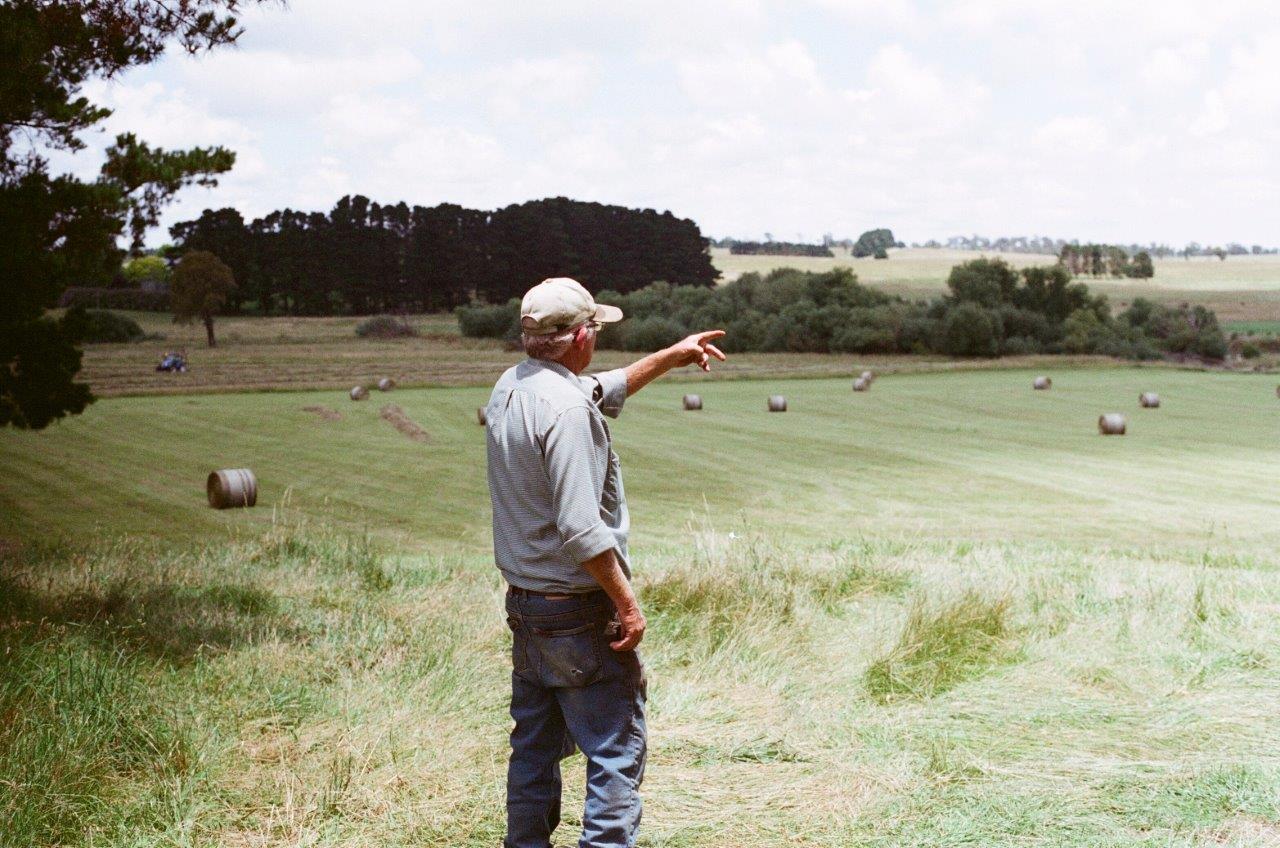Over 90 per cent of sheep and beef farmers surveyed acknowledge the benefits of managing biodiversity on their farmland, according to new research.
These benefits were mainly social or environmental, such as protecting land for future generations. However, most farmers also identified barriers to conservation efforts, such as financial costs or time investments. The authors say that while there is no one “farmer voice” on this issue, their findings could help guide new policies to promote pro-biodiversity practices.
The SMC asked experts to comment on the research.
Dr Melanie Davidson, Beneficial Biodiversity Team, Plant and Food Research, comments:
“What really resonates with me from this study is the fact that sheep and cattle farmers are the custodians of so much of the privately owned native bush in New Zealand and the study revealed that many farmers see the advantages to having native bush on their farms.
“Despite this, we are still seeing a decline in our native bush. The study highlights our need to show how native bush on farmland can bring an economic benefit to farmers, such as providing habitat for beneficial insects (pollinators, predators of insect pests, and decomposers), erosion control, carbon sequestration excess nutrient uptake, and improving water quality of streams and lakes.
“The message that came through was that we need to do more to support farmers in protecting our native bush, whether it’s getting out and helping farmers’ plant native plants on their property or providing better access to information and advice on how to manage and protect biodiversity on their farms.”
No conflict of interest.
Associate Professor Bruce Burns, School of Biological Sciences, University of Auckland, comments:
“New Zealand pastoral farmers are unintentional guardians of a huge wealth of New Zealand’s biodiversity, reflected in forest fragments and wetlands that enrich our rural landscapes. The uneven quality of their care of these areas, however, is the source of societal tension particularly as biodiversity declines year on year.
“The new research provides a fascinating window into the unfiltered attitudes and frustrations of the farming community with respect to protecting nature. Although responses were wide-ranging, it was refreshing that most farmers did highly value the native biodiversity they lived with, and recognized it improved their quality of life.
“The major downside for farmers was how they should cope with the costs of managing such areas in dollars and time. The research suggests that a carrot approach to supporting farmers efforts to plant trees and control possums would be more successful than applying a stick, and provides a grounding for effective policy.”
No conflict of interest.
Steve Wratten, Principal Investigator, Bio-Protection Research Centre, comments:
“Pastoral farming can harbour more biodiversity than arable land and orchards, and uses fewer pesticides (these sprays are usually not economic in that type of farming). However, as well as surveying farmers about their attitudes to biodiversity on their land, as this paper does, we need to ask two other key questions:
1. What type of biodiversity does the farm harbour? And
2. What ecological (nature’s) services does it provide to the landscape? For example, deep, dark, dusty, satanic (sensu William Blake) macrocarpa blocks are biodiversity-poor and remind me of the black smears on the landscape in the Kiwi painter Sutton’s Plantation series.
“Such services can include refugia for birds and beneficial insects, as well as offering a well-appreciated landscape.
“Anyway, just counting living things is not enough. Do the ladybirds, other beetles and spiders in these refugia actually move into the paddock in spring and then reduce pest numbers? There are many ways of measuring these processes on which we have published and taught to students here at Lincoln University. Do the birds that nest in these hedges consume grass grub larvae in the adjacent pasture? Do the hedges reduce soil washing into water-races?
“Farmers who can demonstrate the added-value of functional diversity on their land will really have a story to tell!”
Conflict of interest statement: “Ben Hancock was a PhD student with us who now works for Beef and Lamb. We sent him some kits that B+L farmers can use to assess biodiversity on their farms. There were no financial transactions.”
